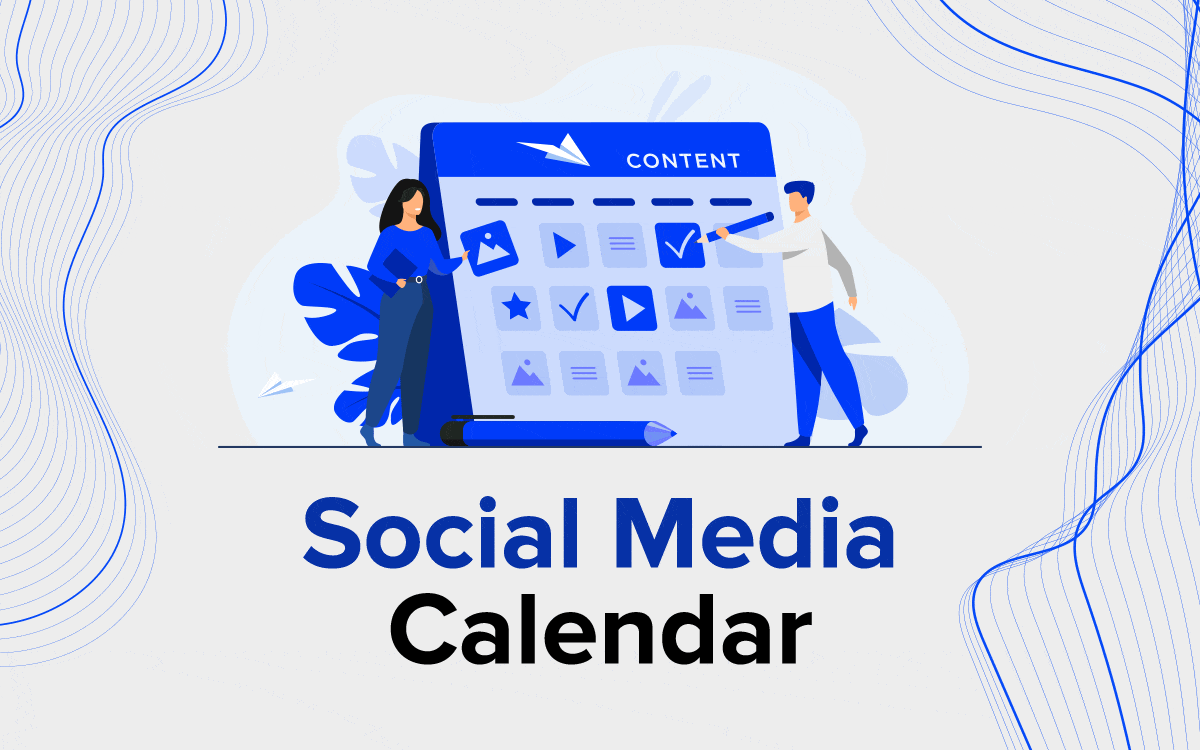Why Brand Strategy is Crucial for your Business
Last Update: 12 June 2017
What is Brand Strategy?
There are two words to the term ‘brand strategy’.
Your brand is, simply put, the gut feeling someone has on your company. It is the opinion, perspective, image and understanding of your audience towards you. It’s not what you say you are, it’s what they say you are. It’s why your customers pick you over others.
Strategy means a plan, or roadmap, on how to get from point A to B, considering the resources and restraints we have.
Putting them together — Brand Strategy is a plan to get your business aligned and appealing to the kind of customers you want, making it impossible for them to go for another option.
Why is it important?
Let’s see how a typical entrepreneur’s journey looks like and how Brand Strategy fits into the picture.
The Entrepreneur’s Leap of Faith
Most successful entrepreneurs will tell you that they start off without a full understanding in the world of business. Yet they jump head in. This admirable leap of faith that they take is often greeted with life threatening challenges. And if they manage to survive, fine tune and turn profitable, they’ve succeeded where most new businesses would fail.
It’s not easy. Yet, something drives them to take the plunge. Maybe it’s a sense of purpose or maybe it’s a sense of desperation. Those are two of the strongest ‘push & pull’ factors that motivates an entrepreneur to begin.
In those first years, they would usually do whatever it takes to take off and gain momentum. Often, branding is something they would overlook.
Yes, they’ll get someone to design their logo, and business card perhaps… and they’ll hire a web designer to do up their website (if they know what’s good for them) or maybe they’ll go on some website builder and attempt to build one themselves.
They’ll have something to go out there with. And for starters, it could be enough.
Then comes the time when they have to take the business to the next level. Growth. Hiring. Scaling.
But how?
Plateauing — What’s Next?
The entrepreneur would get into a rut. If he was the talent behind the business, he would still be doing the work. Delivering on product, or whatever service he’d be offering. Day in and day out.
He’ll switch hats in order to meet people, do biz dev, close deals, then go back to delivering what was promised.
It’s no surprise that their marketing often gets neglected. And that’s a good thing — as they’re busy with business.
However, years into the operation and he notices that his business isn’t growing… he’s earning enough to pay the bills, and maybe have some profits.
He attempts to hire a marketeer, or salesperson — but they often end up not understanding the values behind the business. They might give off the wrong vibe, oversell, or damage the reputation of the company that the entrepreneur has so painstakingly built.
He’s in a rut. How will he grow? He knows he’s in the digital age… a social age. But how does he use Facebook? What kind of content should he put out.
He does random postings. But he sees no pattern in what works and what doesn’t.
Using the Brand Strategy

At this point. you would be able to guess that this entrepreneur has little sense of his branding. He’s a hard working fellow, don’t get me wrong… but he should’ve paid some attention to his brand strategy earlier on, so that when the time comes for him to scale… he knows how to do it.
Let’s reset the story and go from the beginning.
Our hero entrepreneur sets off in his new exciting business adventure with a limited budget and with very few people knowing what he’s about to do, or that he (or his business) even exists.
And say he puts in a bit of thought into his brand strategy, asking questions such as “who am I selling to; what problems am I solving for them, where do they hang out, who do they listen to, what is their behaviour and mindset?”
He’ll be able to paint a pretty good picture of his customer and thus, be able to target and sell to them more effectively.
Next he looks at his brand attributes, asking things like —
- how do I want to be perceived?
- what traits do my ideal customer have?
- how would I sound like to them?
- what tangible and emotional benefits do I bring them?
- what sets me apart from my competitors, in their eyes?
He now understands his brand better. And everything that needs to be crafted, from logo to website, to his shop signage or even how he dresses and answers the phone… can be referred back to the attributes that describe his brand.
Cool. Now he knows the customer profile, and his brand attributes. What’s next?
Putting it together, he will be able to list down certain objectives, while considering both his brand and the customer’s profile. He’ll need to align them to see some potential efforts that would be a good idea to pursue.
But hang on, he doesn’t have the funds to do all of it. And this is why prioritisation is so damn important.
He needs to figure out what tasks can be done with minimum effort/budget with the maximum impact. Then put it into a timeline, understanding who can help him with each task.
Executing on the Strategy
Great. He’s got a good plan — time to get cracking!
Off he goes with a logo that is on point, website that looks super targeted to the people he’s trying to reach, with slogans and value proposition statements that just ‘clicks’ and make sense. Then as people start to become aware of him and his business… the way he carries himself and every piece of interaction he puts across… he miraculously ushers the leads/patrons/prospects in to become customers.
These customers then receive their bundle of value (be it product or service) and they are happy with it.
But this entrepreneur knows what to do next. He goes above and beyond, knowing what ‘buttons’ to press… and delights the hell out of his customers. So much so that they keep coming back… and better still — they’ll tell their friends about it.
Eventually his marketing, including his online efforts, paid off. He’s getting so much business that he can now look to hire people and expand.
And as he hires, he knows exactly the kind of employees to get — the brand strategy affects employer branding too — meaning he will attract the kind of people who would genuinely want to work in a company like his. Why? Because they believe in what he believes in.
There’s alignment between his vision and mission… and his employees’ purpose and drive… as well as his customers’ intentions.
It’s a beautiful thing to achieve something like this.
Rinse and Repeat

The entrepreneurial journey is never as straightforward as that.
If along the way, he realises that the brand is off point — in that people cannot resonate with what he’s offering, in the way that he’s offering it… it’s very easy to apply the system to re-strategise and test.
A brand strategy framework allows him to fail controllably (if his initial assumptions are wrong), prototype, test and eventually getting it right, without killing his business prematurely.
And should his business expand to a point where he may be looking at things like mergers and acquisitions… his brand strategy would come in handy too.
————
Conclusion
Understanding your customers, knowing your own brand and deriving your objectives form the core of a Brand Strategy. However, a proper strategy goes far deeper than that, and transcends product, customer service and marketing — because branding is an aspect of business that can be found across the entire spectrum.
If you find this article interesting, and would like to get some further insights into brand strategy, we would love to chat and possibly offer you a free 1 hour consultation.
Book free 1 hours consultation for your brand strategy with with our team
Let’s Talk!
If what you see here is relevant for you and can help you grow your business or organisation, we’d love to discuss further with you. Drop us a message or schedule an appointment with us.
